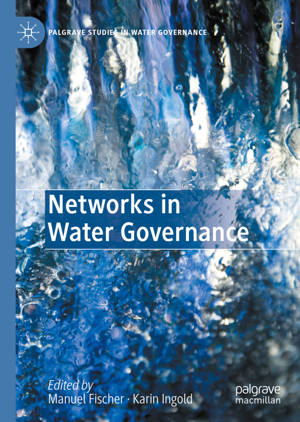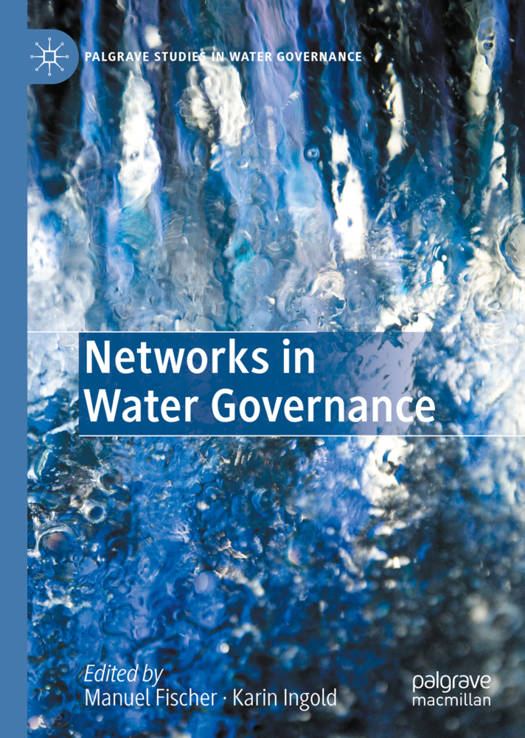
Door een staking bij bpost kan je online bestelling op dit moment iets langer onderweg zijn dan voorzien. Dringend iets nodig? Onze winkels ontvangen jou met open armen!
- Afhalen na 1 uur in een winkel met voorraad
- Gratis thuislevering in België vanaf € 30
- Ruim aanbod met 7 miljoen producten
Door een staking bij bpost kan je online bestelling op dit moment iets langer onderweg zijn dan voorzien. Dringend iets nodig? Onze winkels ontvangen jou met open armen!
- Afhalen na 1 uur in een winkel met voorraad
- Gratis thuislevering in België vanaf € 30
- Ruim aanbod met 7 miljoen producten
Zoeken
Networks in Water Governance
€ 147,95
+ 295 punten
Omschrijving
With the consequences of climate change and biodiversity loss becoming more and more apparent, both the protection of water resources and water-related ecosystems as well as protection from water, that is flood protection policies, have become increasingly important.
This book explores the latest applications of network analysis concepts and measures to the study and practice of water governance. Given the holistic complexity of water governance, it covers individual water governance aspects such as flood protection and fisheries, as well as overarching concepts like integrated water management and social-ecological interactions. The book provides an overview of current water governance issues, network analytic concepts as well as implications for practice. The main body of the text is made up of eight case studies by world-leading environmental governance scholars, each of which addresses one water-related challenge by applying a variety of networkapproaches. The first part of the book highlights network dispersion and fragmentation, the second focuses on how such fragmentation in networks can be overcome and the third deals with specific roles of actors in networks.
This collection is a key resource for scholars and practitioners interested in water governance all over the world. It provides readers with an overview of the potential of network analytic concepts for research on complex governance problems.
This book explores the latest applications of network analysis concepts and measures to the study and practice of water governance. Given the holistic complexity of water governance, it covers individual water governance aspects such as flood protection and fisheries, as well as overarching concepts like integrated water management and social-ecological interactions. The book provides an overview of current water governance issues, network analytic concepts as well as implications for practice. The main body of the text is made up of eight case studies by world-leading environmental governance scholars, each of which addresses one water-related challenge by applying a variety of networkapproaches. The first part of the book highlights network dispersion and fragmentation, the second focuses on how such fragmentation in networks can be overcome and the third deals with specific roles of actors in networks.
This collection is a key resource for scholars and practitioners interested in water governance all over the world. It provides readers with an overview of the potential of network analytic concepts for research on complex governance problems.
Specificaties
Betrokkenen
- Uitgeverij:
Inhoud
- Aantal bladzijden:
- 333
- Taal:
- Engels
- Reeks:
Eigenschappen
- Productcode (EAN):
- 9783030467685
- Verschijningsdatum:
- 20/08/2020
- Uitvoering:
- Hardcover
- Formaat:
- Genaaid
- Afmetingen:
- 148 mm x 210 mm
- Gewicht:
- 576 g

Alleen bij Standaard Boekhandel
+ 295 punten op je klantenkaart van Standaard Boekhandel
Beoordelingen
We publiceren alleen reviews die voldoen aan de voorwaarden voor reviews. Bekijk onze voorwaarden voor reviews.










